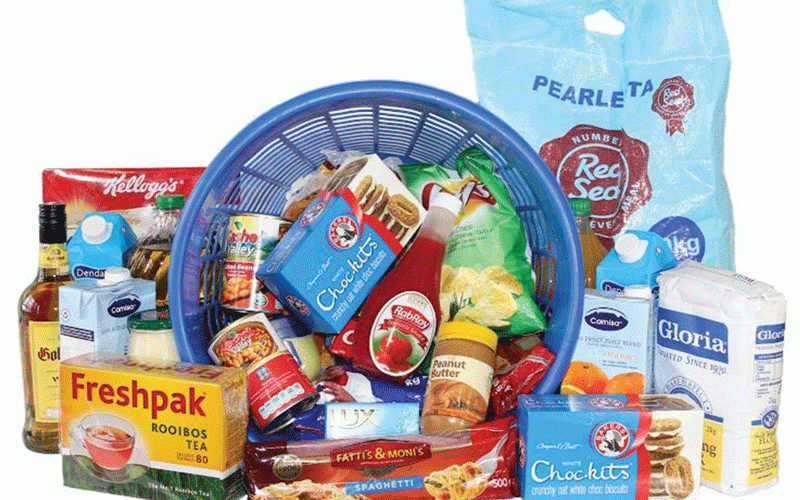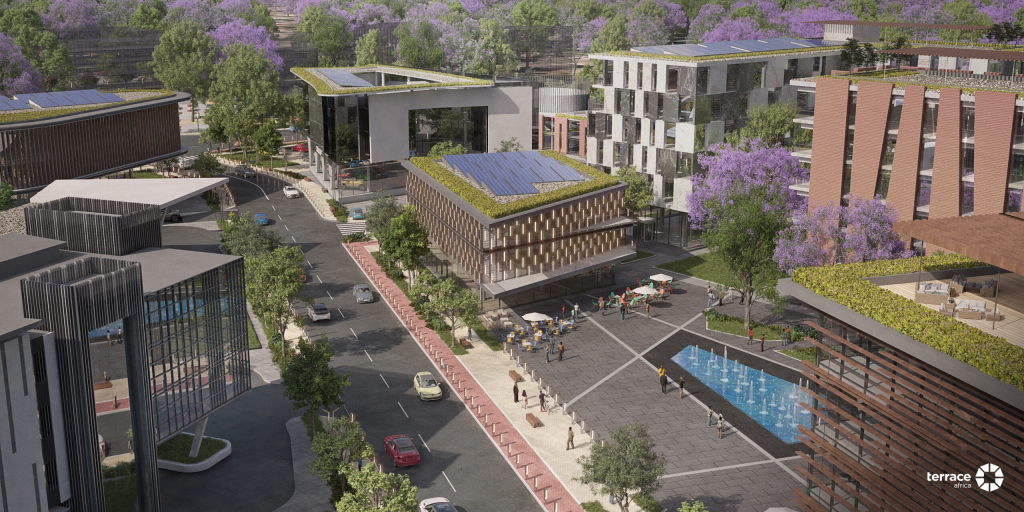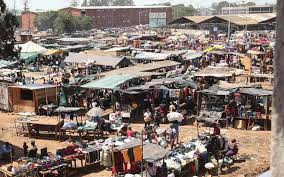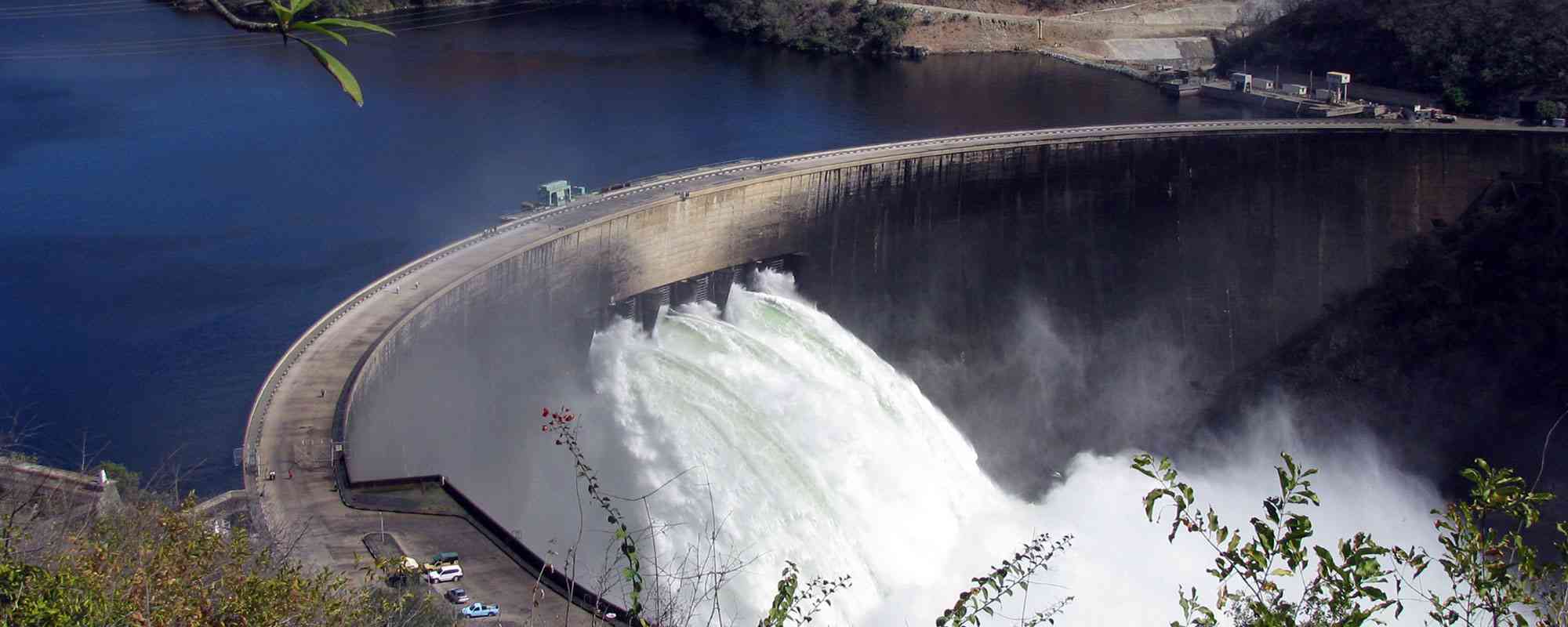
A FRESH wave of price increases on basic goods and services has dampened the festive mood, stealing the cheer away from the majority of the country’s citizens already struggling to make ends meet.
According to a survey conducted by NewsDay, retailers have hiked prices of basic commodities such as mealie-meal, sugar, cooking oil, rice and sugar, among others, even in United States dollars.
In some retail shops, a 2-litre bottle of cooking oil, which was selling at US$3, now costs US$4,50, while the price of a 2kg pack of rice rose toUS$3,50 from US$2.
The price of a 2-litre bottle of Mazoe Crush rose to US$4,50 from $3, while a bar of washing soap now costs US$1,50 from US$1.
Some schools have also announced intentions to increase fees by up to 100% beginning of next year.
However, government yesterday said it would not impose price controls, but engage business over the price madness.
“Government does not tame prices,” Industry and Commerce minister Sithembiso Nyoni told NewsDay yesterday.
“What we do is we discuss with the business and try to understand why they are hiking prices.
- To or not to deduct Aids Levy from VAT in Zim
- Charging school fees in forex unreasonable
- Stop meddling in PSMAS affairs
- Village Rhapsody: Zimbabwe’s currency merry-go – round continues
Keep Reading
“So, I will set up an office to look into that and then we will take the necessary dialogue steps to look into that.”
Retailers, however, warned of further price hikes.
Confederation of Zimbabwe Retailers president Denford Mutashu blamed the price hikes on proposals to increase taxes by Finance minister Mhtuli Ncube in the 2024 budget.
Mutashu said businesses were passing the costs to consumers to hedge against losses as well as to manage operational costs.
“There is a huge expectation of more price hikes before year end and this has been triggered by the barrage of taxes on basic commodities contained in the 2024 budget,” he said.
“The proposal to increase VAT [value-added tax] on basic commodities came as a shock to the market because since 1980, we have not had a hike on VAT on basic commodities.
“The 1% wealth tax proposal has also resulted in property owners raising their rental fees. So, for business owners who rent property, they will increase prices of the services and commodities.”
Mutashu said power outages had increased the cost of running business.
Zimbabweans are battling prolonged load-shedding lasting up to 12 hours per day, which has also forced businesses to rely on generators as alternative power sources.
“Big businesses are running on generators as a power source and it is not sustainable. It is not cost effective, so all these cost drivers have piled pressure,” he said. “If there is no reversal on VAT on basic commodities and to charge VAT on school fees, it is going to be a disaster because already schools have increased fees to cushion themselves from the VAT proposal.”
Zimbabwe Congress Public Sector Trade Unions secretary-general David Dzatsunga said the workers were being fleeced by greedy businesses.
“While we appreciate that the government awarded bonuses to its workers, the price hikes are an issue of concern,” Dzatsunga said.
“The earnings will be wiped out because already, the salaries are below what we are asking for from the government.
“Businesses always take advantage of the high spending season to increase prices without justification. As it is, if there is no intervention, we are going to have yet another bleak festive season.”
Workers in the public and private sectors are now demanding full salaries in United States dollars to make ends meet as the local currency keeps losing value.
This has pushed up the cost of living against stagnant salaries.
President Emmerson Mnangagwa re-introduced the local currency in 2019 after a decade of relative stability during dollarisation.










